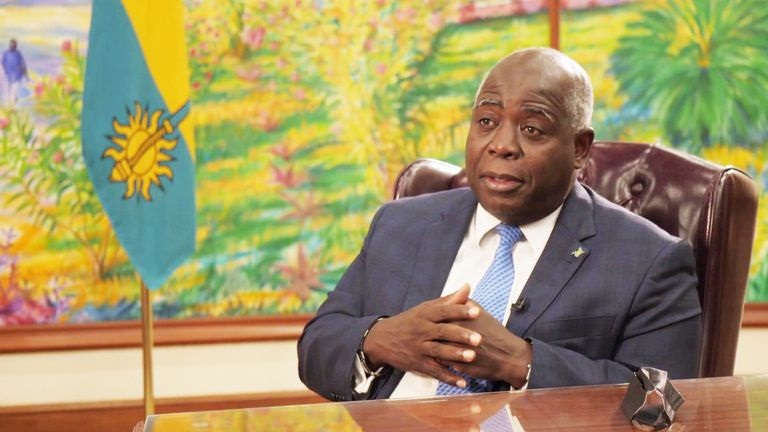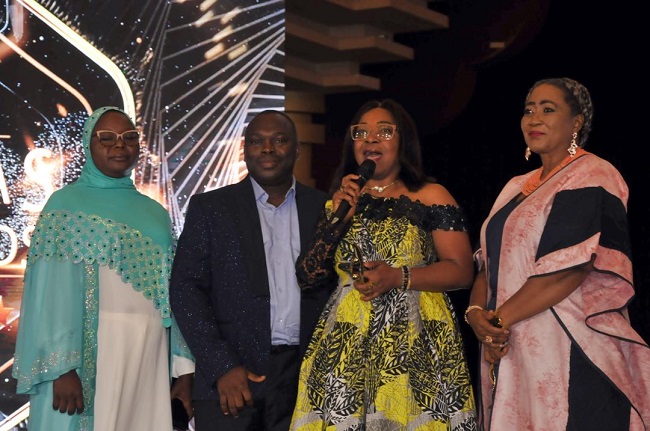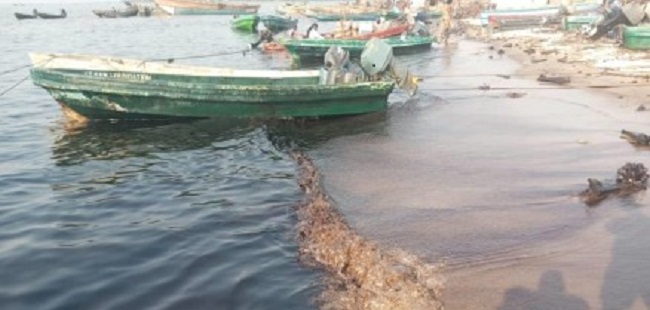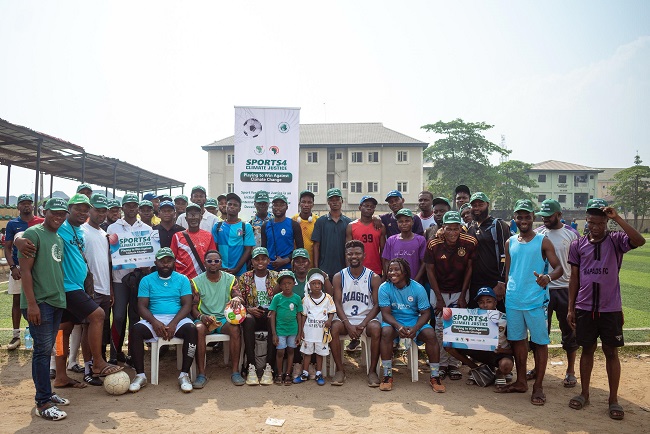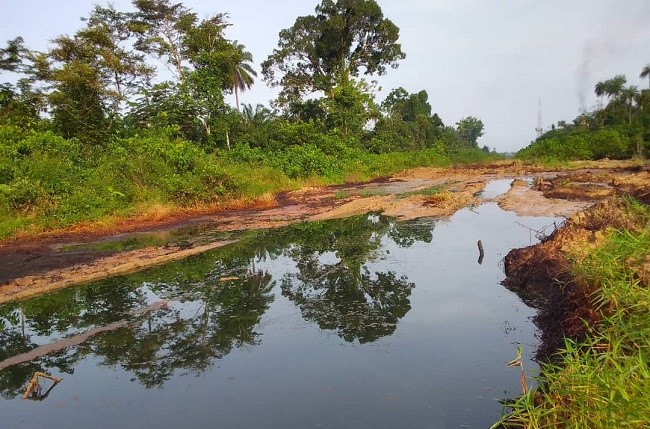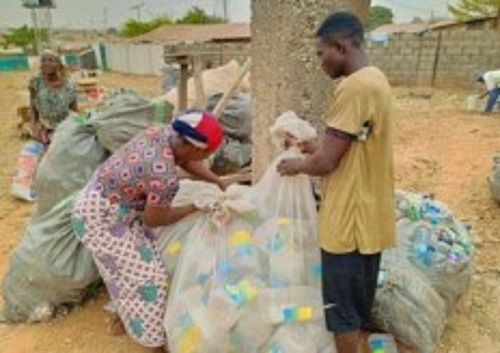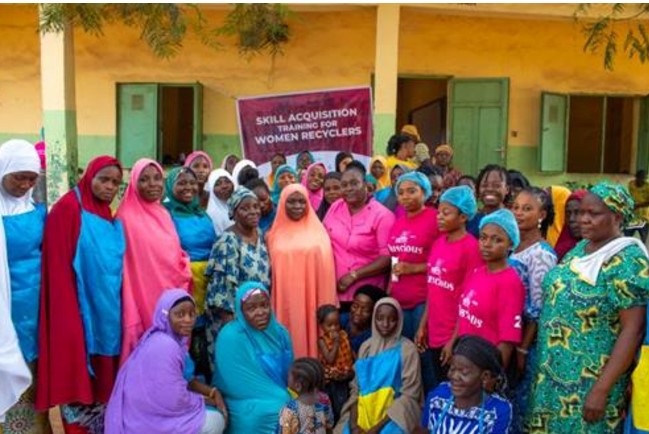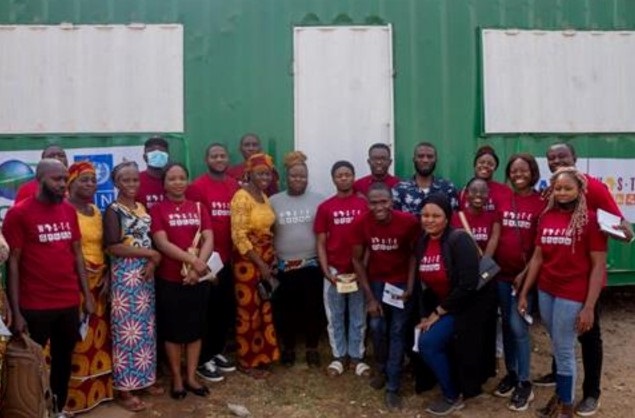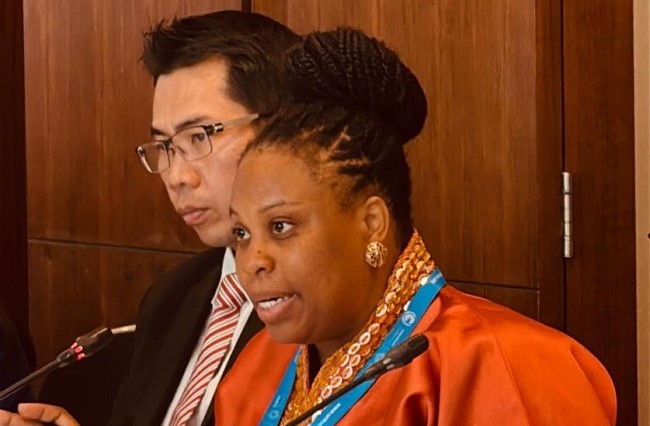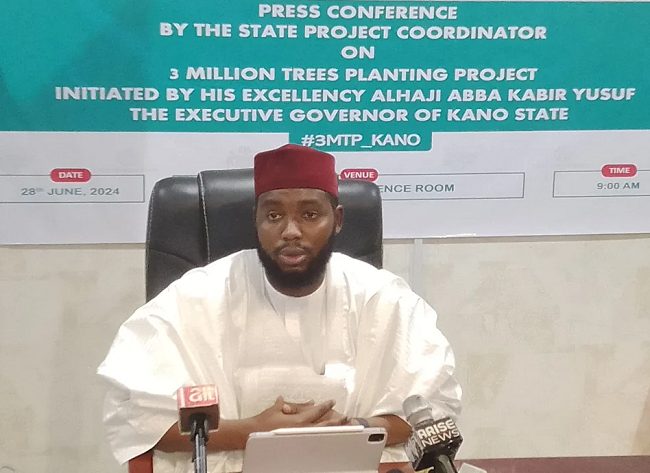Deep, fundamental shifts in how people view and interact with the natural world are urgently needed to halt and reverse biodiversity loss and safeguard life on Earth, warns a landmark new report by the Intergovernmental Platform on Biodiversity and Ecosystem Services (IPBES).
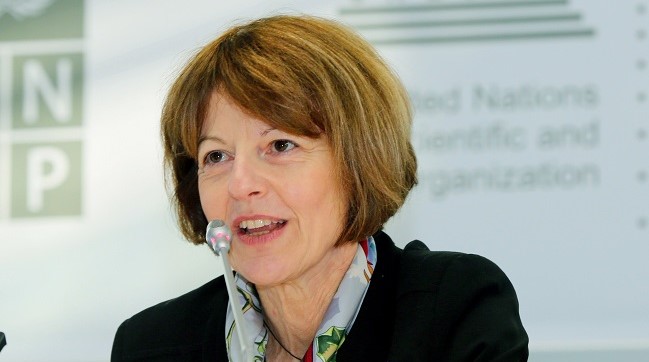
The IPBES “Assessment Report on the Underlying Causes of Biodiversity Loss and the Determinants of Transformative Change and Options for Achieving the 2050 Vision for Biodiversity” – also known as the Transformative Change Report – builds on the 2019 IPBES Global Assessment Report, which found that the only way to achieve global development goals is through transformative change, and on the 2022 IPBES Values Assessment Report.
Prepared over three years by more than 100 leading experts from 42 countries from all regions of the world, the report explains what transformative change is, how it occurs, and how to accelerate it for a just and sustainable world.
“Transformative change for a just and sustainable world is urgent because there is a closing window of opportunity to halt and reverse biodiversity loss and to prevent triggering the potentially irreversible decline and the projected collapse of key ecosystem functions,” said Prof. Karen O’Brien (Norway/USA), co-chair of the assessment with Prof. Arun Agrawal (India & USA) and Prof. Lucas Garibaldi (Argentina).
“Under current trends, there is a serious risk of crossing several irreversible biophysical tipping points including die-off of low altitude coral reefs, die back of the Amazon rainforest, and loss of the Greenland and West Antarctic ice sheets. Transformative change is also necessary because most previous and current approaches to conservation, which aim to reform rather than transform systems, have failed to halt or reverse the decline of nature around the world, which has serious repercussions for the global economy and human well-being,” added Profs. O’Brien, Agrawal and Garibaldi.
The cost of delaying actions to halt and reverse biodiversity loss and nature’s decline around the world by even a decade is estimated to be double that of acting now. Acting immediately can also unlock massive business and innovation opportunities through sustainable economic approaches, such as nature-positive economy, ecological economy and Mother-Earth centric economy. Recent estimates are that more than $10 trillion in business opportunity value could be generated and 395 million jobs could be supported globally by 2030.
Approved on Monday in Windhoek, Namibia by the IPBES Plenary, composed of the 147 Governments that are members of IPBES, the report defines transformative change as fundamental system-wide shifts in views – ways of thinking, knowing and seeing; structures – ways of organising, regulating and governing; and practices – ways of doing, behaving and relating. Current dominant configurations of views, structures and practices perpetuate and reinforce the underlying causes of biodiversity loss and nature’s decline. Transforming them is central to delivering on the global commitments for a just and sustainable world.
“Promoting and accelerating transformative change is essential to meeting the 23 action-oriented targets of the Kunming-Montreal Global Biodiversity Framework by 2030 and four goals of the Kunming-Montreal Global Biodiversity Framework by 2030 and for achieving the 2050 Vision for Biodiversity, which describes a world where all life can thrive,” said Prof. Agrawal. “Transformative change is rarely the outcome of a single event, driver, or actor. It is better understood as changes that each of us can create, and multiple cascading shifts that trigger and reinforce one another, often in unexpected ways.”
The underlying causes of biodiversity loss identified by the report are the disconnection of people from nature and domination over nature and other people; the inequitable concentration of power and wealth; and the prioritization of short-term individual and material gains.
“As complex and challenging as it is to address these underlying causes of biodiversity loss, it is possible,” said Prof. Garibaldi. “History has shown us that societies can transform at immense scale – as they did during the Industrial Revolution. While that era wrought terrible environmental and human costs, it stands as proof that fundamental, system-wide change is achievable, although it occurred over a much longer period of time than is needed for current transformative change for a just and sustainable world. To meet our shared global development goals today means we need to embark on a new transformation – one that urgently conserves and restores our planet’s biodiversity rather than depleting it, while enabling everyone to prosper.”
The authors created and analysed a database of hundreds of separate case studies of initiatives around the world with transformative potential. Their analysis shows that positive outcomes for diverse economic and environmental indicators can happen in a decade or less. The analysis also demonstrates that initiatives addressing greater numbers of indirect drivers of biodiversity loss and nature’s decline, and those in which diverse actors work together, lead to more positive outcomes for societies, economies and nature.
Principles and Obstacles
The report identifies four principles to guide deliberate transformative change: equity and justice; pluralism and inclusion; respectful and reciprocal human-nature relationships; and adaptive learning and action.
Speaking about the obstacles that prevent transformative change and reinforce the status quo, Prof. O’Brien said: “The impacts of actions and resources devoted to blocking transformative change, for example through lobbying by vested interest groups or corruption, currently overshadow those devoted to the conservation and sustainable use of biodiversity.”
The report also identifies five overarching challenges to transformative change: relations of domination over nature and people, especially those that emerged and were propagated in colonial eras and that persist over time; economic and political inequalities; inadequate policies and unfit institutions; unsustainable consumption and production patterns including individual habits and practices; as well as limited access to clean technologies and uncoordinated knowledge and innovation systems.
“The underlying causes of biodiversity loss and nature’s decline also create inequalities and injustices,” said Prof. Agrawal. “Those who have benefited most from the economic activities associated with damage to nature – in particular, wealthy actors – have more opportunities and resources to create change. Doing so while involving others in balanced decision-making processes can unleash agency as well as resources to create change.”

